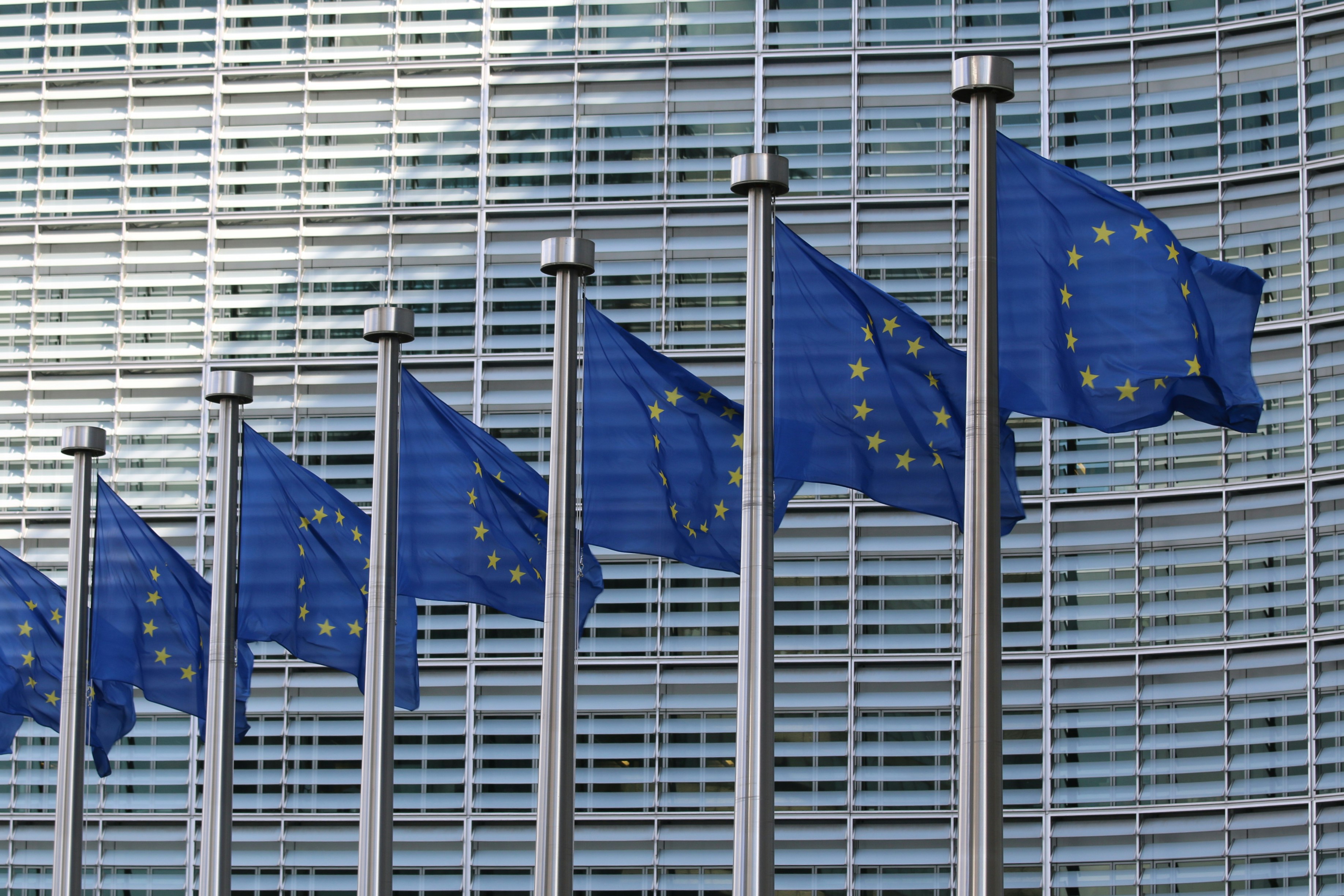Exploring the European Union's Influence on EPR Policy in Eastern Neighbouring Countries
by Ollie Perkins at 12:55 in Circular Economy
The European Union (EU) and its member states have often been seen as the world leaders in establishing 'extended producer responsibility' (EPR) frameworks, with early policy dating back to the early 1990s. Based on this, I aim to explore some of the changes in product and waste stewardship in the last few years from eastern bloc's neighbours.

Armenia:
In October last year, the Armenian government published their approach to establishing an EPR system. The program has financial backing from Sweden, an EU member. Containers and packaging, waste accumulators, batteries, electrical and electronic equipment (WEEE) are all expected to be included. The reporting of these waste-streams is mandatory under EU law. In line with the EU-Armenia Comprehensive and Enhanced Partnership Agreement (CEPA), the country is obliged to have an EPR scheme in place by the end of 2024 – One to keep an eye on!
Kazakhstan:
In partnership with the EU funded SWITCH-Asia Programme, Kazakhstan has outlined its Sustainable Consumption and Production (SCP) Action Plan 2022-2030. This international collaboration has influenced the content of this plan, with policy from the European Green Deal present in its annexes.
The plan advocates for the continued development of EPR in Kazakhstan, which is overseen by JSC Zhasyl Dumu, the principal 'Producer Responsibility Organization' (PRO). KazWaste is the designated 'Self-Regulatory Organization' (SRO), meaning they have the power to enforce industry-based legislation on its members. Together, they manage and oversee reporting for packaging made of plastic, metal, paper, cardboard, glass, and carton. Also in scope is WEEE (including household appliances), batteries and accumulators.
Ukraine:
Despite the ongoing invasion of the country, Ukraine continues to pursue their ambitions for a circular economy. Their efforts are championed by the 'EU4Environment' partnership which is working to assist data reporting regarding waste management policy.
Last November, the Ministry of Environment set out their plans for EPR implementation. Still being finalised, the draft legislation is aiming to homogenise Ukraine's approach to that of the EU on packaging and packaging waste. However, the ministry has estimated its full implementation taking anywhere from 5-7 years. – With the domestic landscape persisting to be volatile both politically and economically, we at Lorax EPI will continue to monitor any developments closely.
Reflecting on these 3 countries discussed, it's clear that streamlining EPR policy to increase alignment with the EU is a trend we can expect to grow. Whether it's to meet candidacy requirements for EU accession or to seek greater collaboration on policy to make best of the funding and legal support available, the EU is a big player when it comes to the fast-moving landscape of extended producer responsibility.
 Click here to receive regular updates on blog posts, webinars, and regulatory changes directly to your inbox
Click here to receive regular updates on blog posts, webinars, and regulatory changes directly to your inbox

